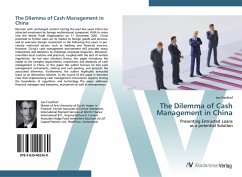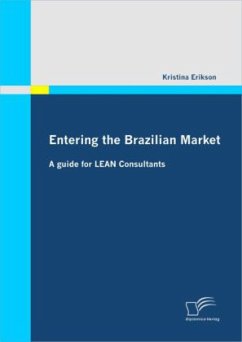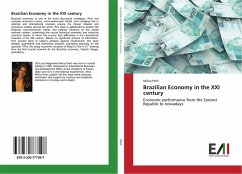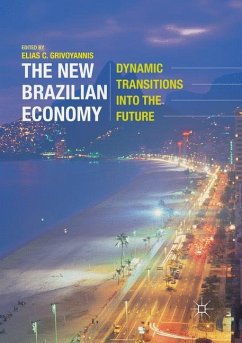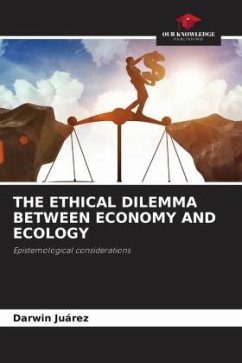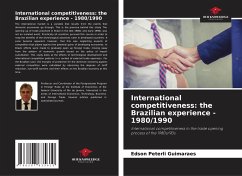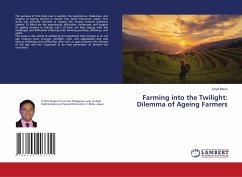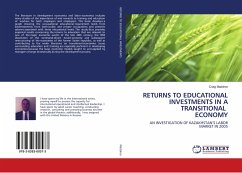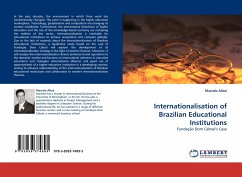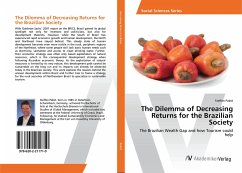
The Dilemma of Decreasing Returns for the Brazilian Society
The Brazilian Wealth Gap and how Tourism could help
Versandkostenfrei!
Versandfertig in 6-10 Tagen
47,99 €
inkl. MwSt.

PAYBACK Punkte
24 °P sammeln!
With Goldman Sachs' 2001 report on the BRICS, Brazil gained its global spotlight not only for investors and politicians, but also for development theorists. However, while the South of Brazil has experienced rapid economic growth and human development, the North and Northeast have stayed behind. This steady state of human development becomes even more visible in the rural, peripheric regions of the Northeast, where some people still lack basic human needs such as electricity, sanitation and access to clean drinking water. Further, their economic strategy was often only based exploitation of na...
With Goldman Sachs' 2001 report on the BRICS, Brazil gained its global spotlight not only for investors and politicians, but also for development theorists. However, while the South of Brazil has experienced rapid economic growth and human development, the North and Northeast have stayed behind. This steady state of human development becomes even more visible in the rural, peripheric regions of the Northeast, where some people still lack basic human needs such as electricity, sanitation and access to clean drinking water. Further, their economic strategy was often only based exploitation of natural resources, which is the consequential development strategy when following Ricardian economic theory. As the exploitation of natural resources is limited by its very nature, this development path cannot be sustainable on the long run and its impacts can already be observed today in the Brazilian society. This work explores the reasons behind the uneven development within Brazil and further tries to frame a strategy for the rural societies of Northeastern Brazil to specialize in sustainable tourism.



